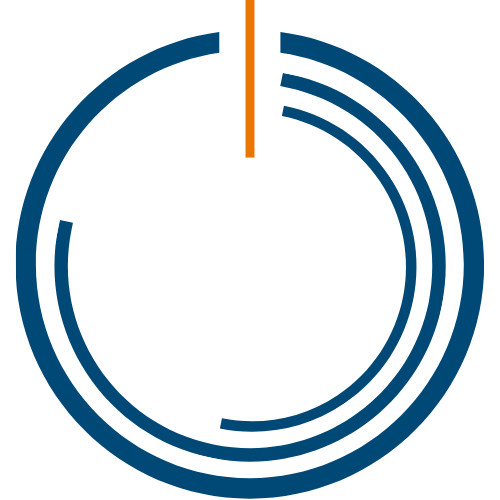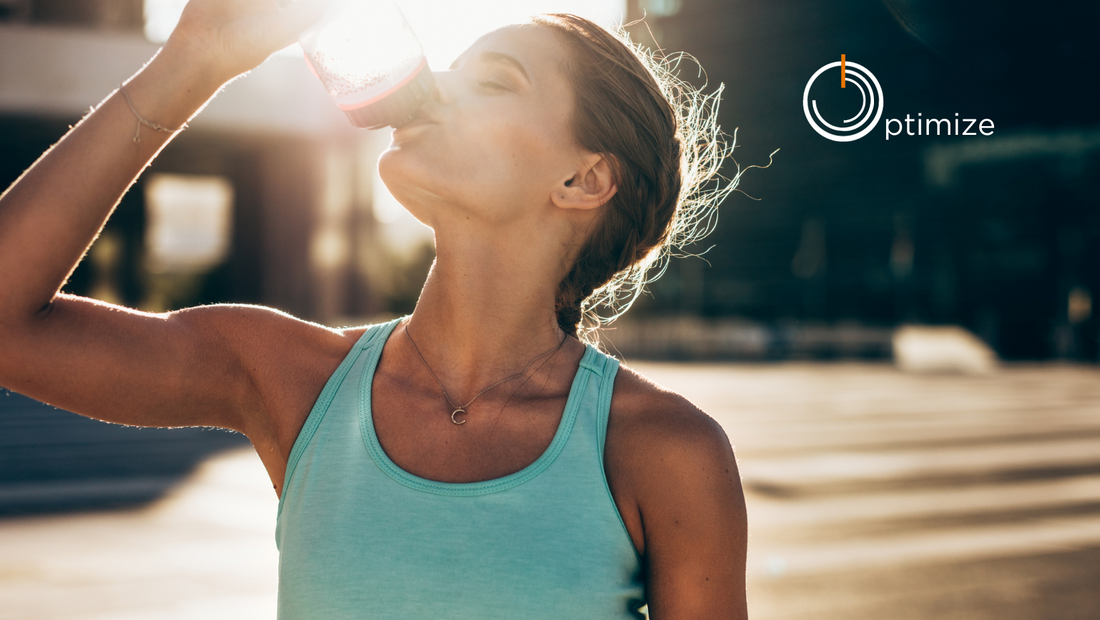4 min read
Caffeine is one of the most widely consumed stimulants worldwide. It is a natural compound that is found in many food items and beverages, including tea, coffee, chocolate, and soft drinks. Caffeine consumption has been associated with several benefits, such as improved cognitive function, increased alertness, and enhanced mood. However, excessive caffeine consumption can lead to several negative effects, such as anxiety, jitteriness, insomnia, and even addiction. Therefore, optimizing caffeine intake is crucial to obtain its benefits while avoiding its adverse effects. In this blog post, we will discuss the benefits of low to moderate caffeine doses and how Optimize drink mix can help in achieving these benefits.
Benefits and Studies
Caffeine has been shown to improve cognitive function, particularly attention, and working memory, when consumed in low to moderate doses (around 20-300 mg/day) (1). A study by Smit and Rogers in 2000 found that low to moderate caffeine doses (40, 100, and 300 mg) improved cognitive performance, while high caffeine doses (600 mg) impaired cognitive function (2). These findings suggest that moderate caffeine consumption can improve cognitive function, while excessive caffeine intake can be counterproductive.
Caffeine also has an ergogenic effect, which means that it enhances physical performance. In a meta-analysis of 21 studies, caffeine was found to improve endurance exercise performance by an average of 3.2% (3). However, the performance-enhancing effect of caffeine is dose-dependent, and higher doses do not necessarily lead to better performance. A study by Bell and colleagues (2011) found that 3 mg/kg of caffeine improved cycling time-trial performance, while 6 mg/kg did not provide any additional benefits (4).
Caffeine can also enhance mood and reduce fatigue, which can increase motivation and productivity. In a study by Einöther and Giesbrecht in 2013, caffeine improved mood, alertness, and performance on cognitive tasks (5). However, these effects were only observed with moderate caffeine doses (75 and 150 mg) and not with a high dose (300 mg). These findings suggest that caffeine can improve mood and reduce fatigue, but only at moderate doses.
Caffeine: More is Not Better
While caffeine can provide several benefits when consumed in moderate doses, high amounts of caffeine can lead to adverse effects. Excessive caffeine intake can cause anxiety, jitteriness, increased heart rate, and even panic attacks in susceptible individuals. Caffeine can also interfere with sleep, which can lead to fatigue and decreased cognitive function the following day. In addition, excessive caffeine intake can lead to addiction, which can cause withdrawal symptoms when the intake is reduced or stopped.
One of the reasons why high amounts of caffeine does not benefit the body or mind is the development of tolerance. Tolerance is a process by which the body adapts to a drug's effects, leading to a reduced response to the same dose of the drug over time. Caffeine tolerance can develop rapidly, within a few days of regular intake (6). When tolerance develops, higher doses of caffeine are needed to achieve the same effects, leading to an increased risk of adverse effects.
High amounts of caffeine also overstimulate the central nervous system. Caffeine acts by blocking adenosine receptors in the brain, which leads to increased neuronal activity and the release of neurotransmitters such as dopamine and norepinephrine. However, excessive caffeine intake can overstimulate the central nervous system, leading to anxiety, restlessness, and insomnia (7).
References
-
McLellan TM, Caldwell JA, Lieberman HR. A review of caffeine's effects on cognitive, physical and occupational performance. Neurosci Biobehav Rev. 2016;71:294-312. doi: 10.1016/j.neubiorev.2016.09.001
-
Smit HJ, Rogers PJ. Effects of low doses of caffeine on cognitive performance, mood and thirst in low and higher caffeine consumers. Psychopharmacology (Berl). 2000;152(2):167-173. doi: 10.1007/s002130000532
-
Grgic J, Trexler ET, Lazinica B, Pedisic Z. Effects of caffeine intake on muscle strength and power: a systematic review and meta-analysis. J Int Soc Sports Nutr. 2018;15:11. doi: 10.1186/s12970-018-0216-0
-
Bell DG, McLellan TM, Sabiston CM, et al. Effect of ingesting caffeine and ephedrine on 10-km run performance. Med Sci Sports Exerc. 2001;33(8):1399-1403. doi: 10.1097/00005768-200108000-00021
-
Einöther SJ, Giesbrecht T. Caffeine as an attention enhancer: reviewing existing assumptions. Psychopharmacology (Berl). 2013;225(2):251-274. doi: 10.1007/s00213-012-2917-4
-
Juliano LM, Griffiths RR. A critical review of caffeine withdrawal: empirical validation of symptoms and signs, incidence, severity, and associated features. Psychopharmacology (Berl). 2004;176(1):1-29. doi: 10.1007/s00213-004-2000-x
-
Ferré S. An update on the mechanisms of the psychostimulant effects of caffeine. J Neurochem. 2008;105(4):1067-1079. doi: 10.1111/j.1471-4159.2007.05196.x
Website Links:
- https://www.ncbi.nlm.nih.gov/pubmed/27612937
- https://link.springer.com/article/10.1007/s002130000532
- https://jissn.biomedcentral.com/articles/10.1186/s12970-018-0216-0
- https://journals.lww.com/acsm-msse/Abstract/2001/08000/Effect_of_ingesting_caffeine_and_ephedrine_on_10.21.aspx
- https://link.springer.com/article/10.1007/s00213-012-2917-4
- https://www.ncbi.nlm.nih.gov/pubmed/15204021
- https://onlinelibrary.wiley.com/doi/abs/10.1111/j.1471-4159.2007.05196.x

